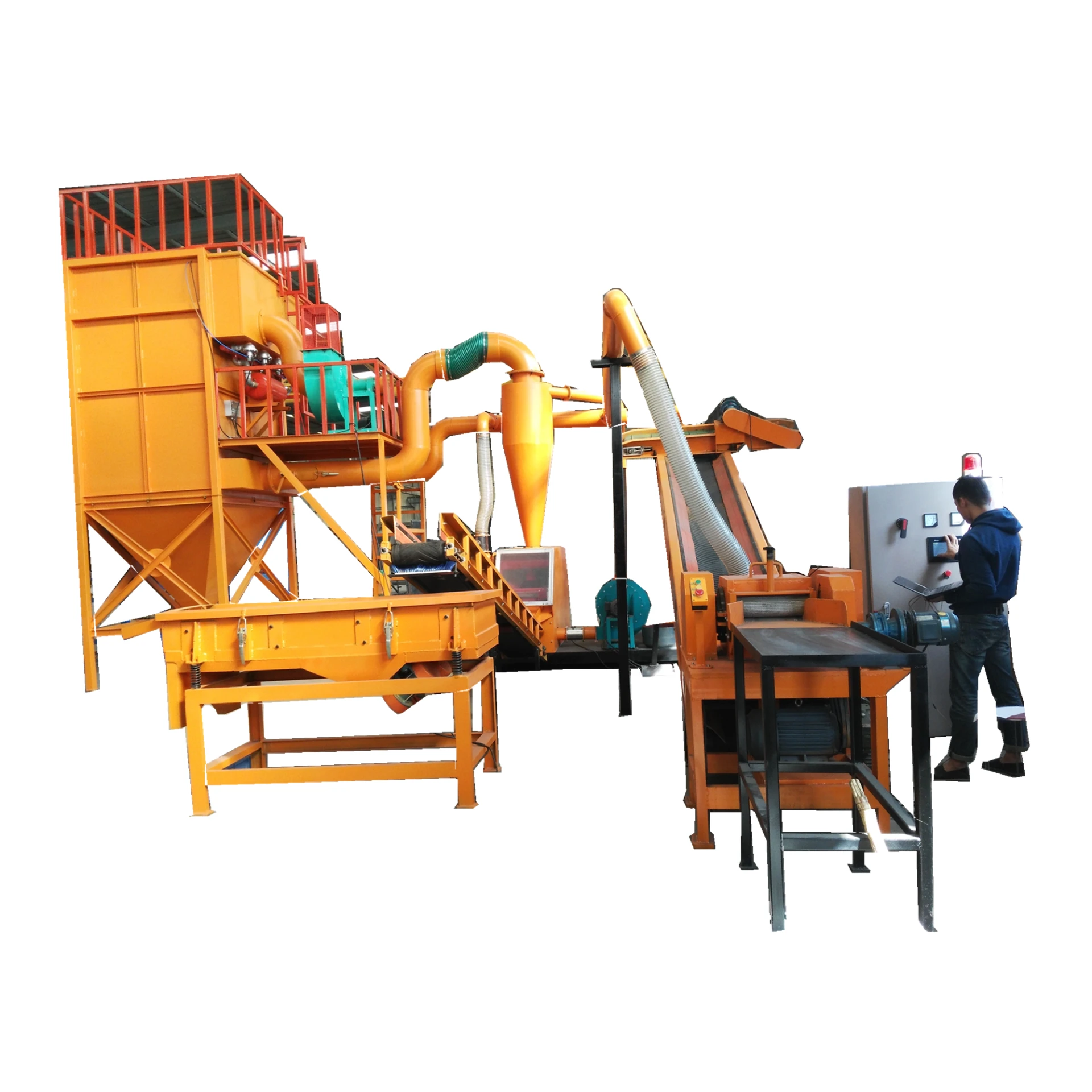
10 月 . 02, 2024 10:33 Back to list
The Importance of Iron Recycling Plants
Iron recycling plants play a crucial role in the sustainable management of resources and the reduction of environmental impact. As one of the most widely used metals globally, iron is vital for various industries, including construction, manufacturing, and automotive. The demand for iron continues to rise, leading to increased mining activities, which can result in significant ecological damage. Iron recycling offers a viable solution to these pressing issues.
Recycling iron involves collecting scrap metal, processing it, and turning it into new products. This process not only conserves natural resources but also minimizes energy consumption. For instance, producing new steel from recycled iron uses about 75% less energy compared to manufacturing it from raw materials. This energy efficiency contributes significantly to reducing greenhouse gas emissions, making iron recycling a crucial component in the fight against climate change.
The process at an iron recycling plant typically begins with the collection of scrap metal from various sources, including industrial facilities, construction sites, and even households. Once collected, the scrap is sorted to ensure that it consists primarily of iron and steel. Sorting can be achieved through magnetic separators and manual inspections. After sorting, the metal is shredded into smaller pieces, which facilitates easier melting and processing.

Once shredded, the iron is melted in large furnaces at the recycling plant. This molten iron can then be alloyed with other elements to create specific grades of steel or cast into new shapes. The ability to produce high-quality iron products from recycled materials means that industries can rely on these materials without compromising on quality.
Furthermore, iron recycling plants contribute significantly to local economies. They create job opportunities, not just within the plants themselves but also in related transportation and logistics sectors. The recycling process helps to generate a sustainable circular economy where resources are kept in use for as long as possible, reducing waste and fostering environmental stewardship.
In addition to economic benefits, iron recycling also promotes community awareness about the importance of sustainability. Many recycling plants engage in educational programs to inform the public about the benefits of recycling and encourage responsible waste management practices. This cultural shift towards recycling and conservation is essential for building a more sustainable future.
In conclusion, iron recycling plants are vital for both environmental protection and economic growth. By recycling iron, we can conserve natural resources, reduce energy usage, lower emissions, and create jobs. As we face increasing environmental challenges, the role of iron recycling in promoting a circular economy and fostering sustainability has never been more important. Investing in and supporting these facilities is essential for a greener, more sustainable future.
Latest news
Unveiling the Power of Eddy Current Separator
NewsSep.25,2024
Transform Your Home Recyclin:home metal shredder
NewsSep.25,2024
The Future of Waste Management with Recycling Line Picker
NewsSep.25,2024
The Benefits of a Metal Recycling Plant
NewsSep.25,2024
Revolutionize Material Separation with Onwang Technology
NewsSep.25,2024
Innovative Waste Management: Unveiling the MSW Sorting Plant
NewsSep.25,2024